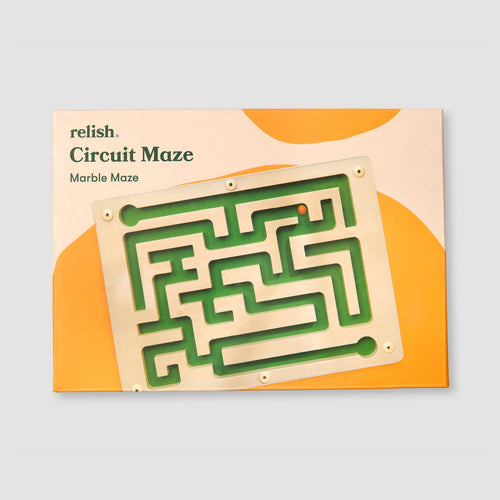When blood flow to some parts of the brain gets blocked or slowed down, it triggers a medical condition known as vascular dementia. The state declines a person’s ability to think due to reduced oxygen and nutrients. As the brain cells in the affected regions continue to die due to the deprivation, so does one's thinking ability. The thinking difficulties manifested in vascular dementia may occur suddenly after a stroke or may happen gradually and worsen over time.
All parts of your body require a sufficient flow of blood to sustain the life of different cells. However, brain cells are the most vulnerable regarding inadequate blood flow. When blood is blocked from reaching these cells, it causes a shortage of nutrients and oxygen, hence the cells' death. The result is a decline in a person’s thinking skills.
The rate at which thinking challenges manifest depends on the actual situation. For instance, in the case of a stroke, the change in one’s thinking ability happens immediately. In other cases, the decline may happen gradually due to minor strokes and worsen over time. Physicians have continuously learned about the different situations affecting one's thinking ability, and some argue that the term vascular dementia is inadequate to explain it. They prefer the term vascular cognitive impairment, which they feel acknowledges that changes in one's thinking could start from mild to severe.
Causes and risk factors of vascular dementia
As explained above, vascular dementia happens due to factors limiting or blocking blood flow to the brain. There are two main conditions that may bring about such a situation:
-
- Stroke targeting a brain artery – When any of the brain arteries gets hit by a stroke, it can result in various medical conditions, including vascular dementia. Some strokes may not immediately trigger noticeable symptoms. However, they still create conditions for the development of vascular dementia.
-
- Narrowed brain blood vessels – Conditions that make the brain blood vessels to constrict or suffer long-term damage may also trigger vascular dementia. These include atherosclerosis (abnormally aging blood vessels), high blood pressure, brain hemorrhage, diabetes, and wear and tear due to aging.
Generally, vascular dementia shares the same risk factors as stroke and heart disease. The risk factors include:
- - Aging
- - High cholesterol
- - Diabetes
- - High blood pressure
- - Obesity
- - Smoking
- - Atrial fibrillation
- - Abnormally aging blood vessels
- - History of mini-strokes, strokes, and heart attack
Symptoms of vascular dementia
The symptoms showcased in vascular dementia vary from one person to the next, depending on the extent to which brain blood vessels are injured. The most common symptoms include:
- - Confusion
- - Disorientation
- - Vision loss
- - Problems with memory
- - Unsteady gait
- - Depression or apathy
- - Relentless and agitation
- - Reduced ability to maintain organized thoughts
- - Poor balance
- - Reduced ability to analyze situations
While vascular dementia symptoms can happen immediately following a stroke, it may also present gradually, as is the case with Alzheimer's. In turn, Alzheimer's and vascular disease may occur at the same time. The only way to determine whether a friend or loved one is living with vascular dementia is to consult with a practitioner. Through varied assessments they can rule out other impairments and establish whether vascular dementia needs to be addressed.






















